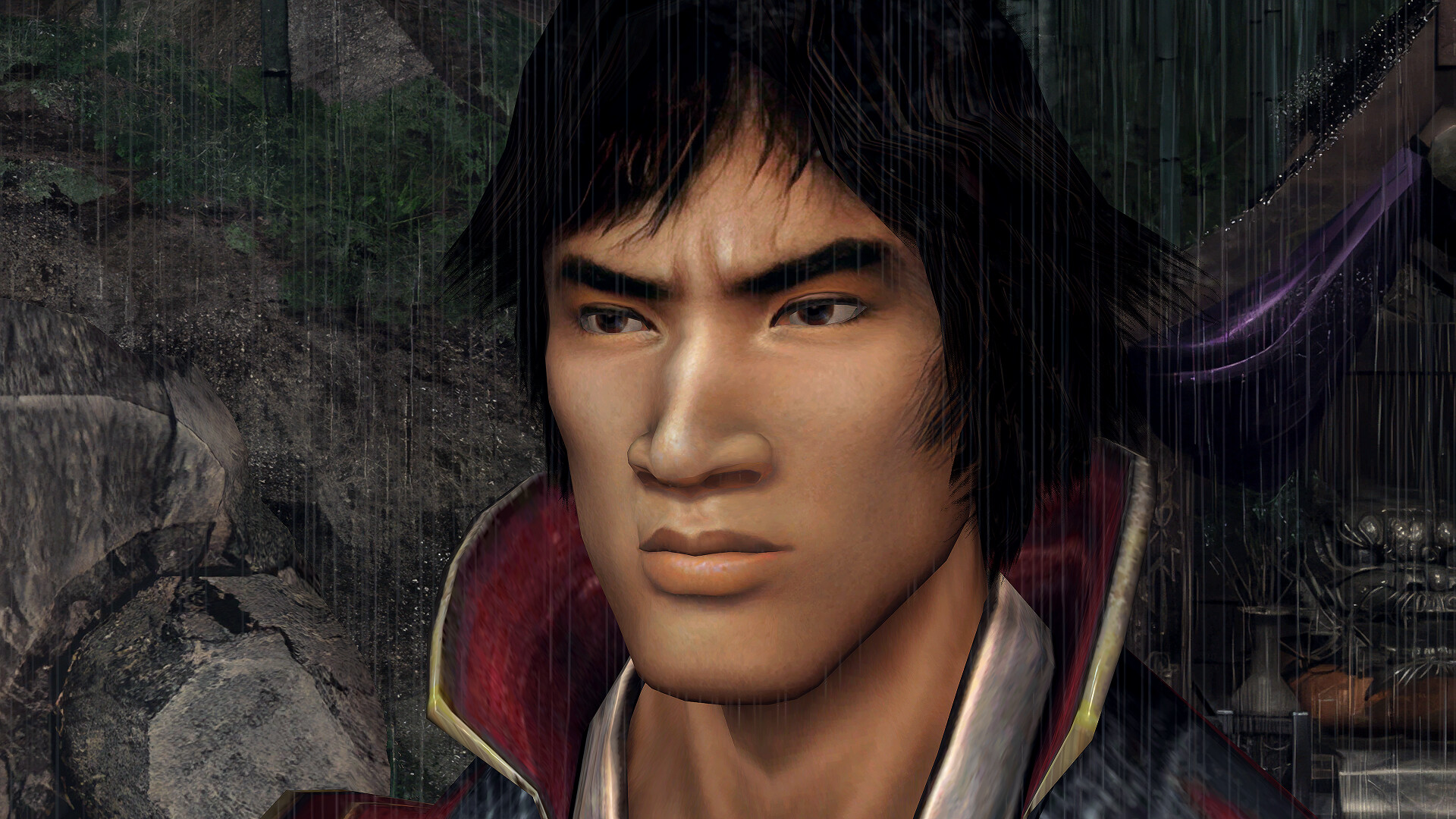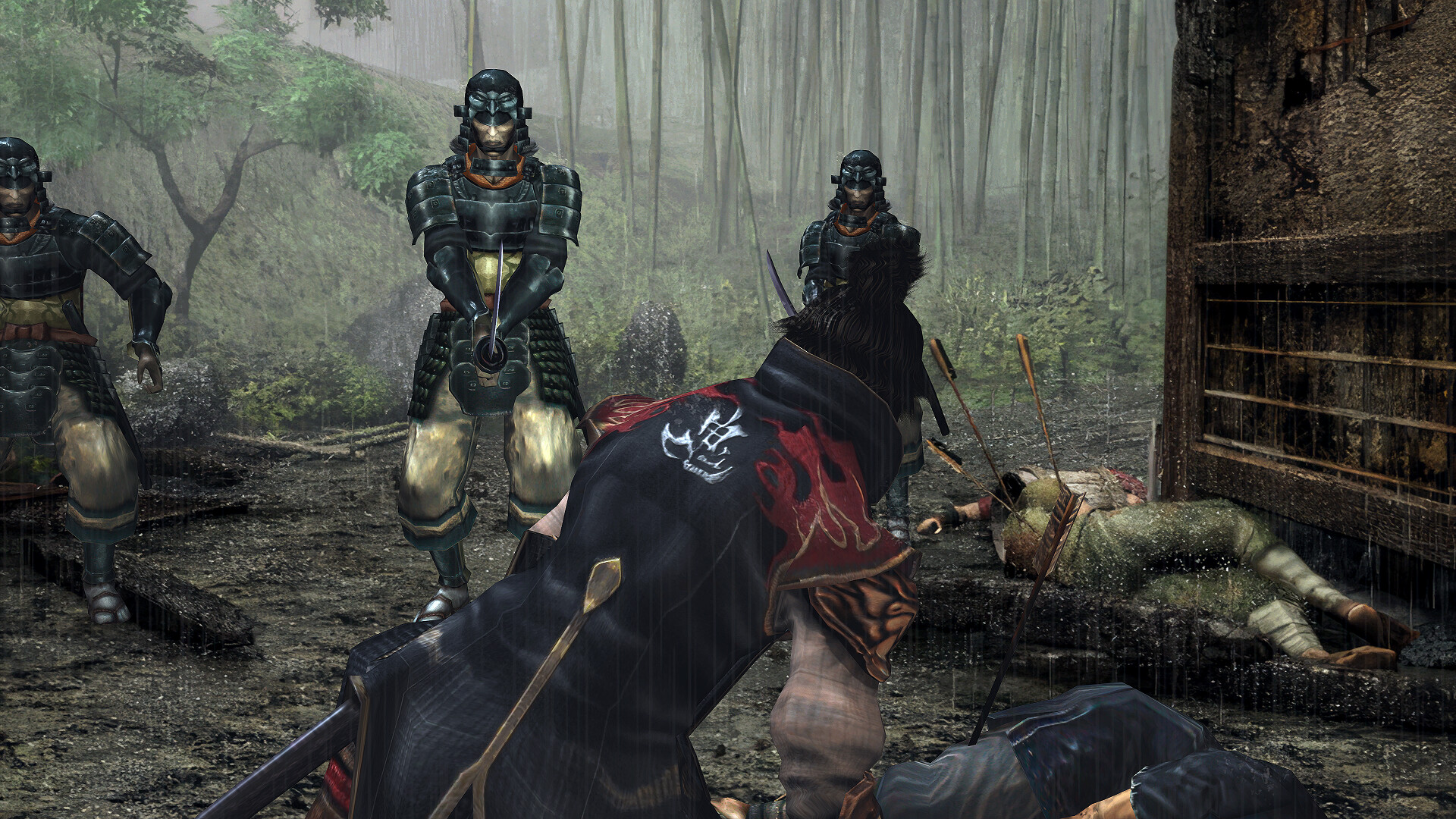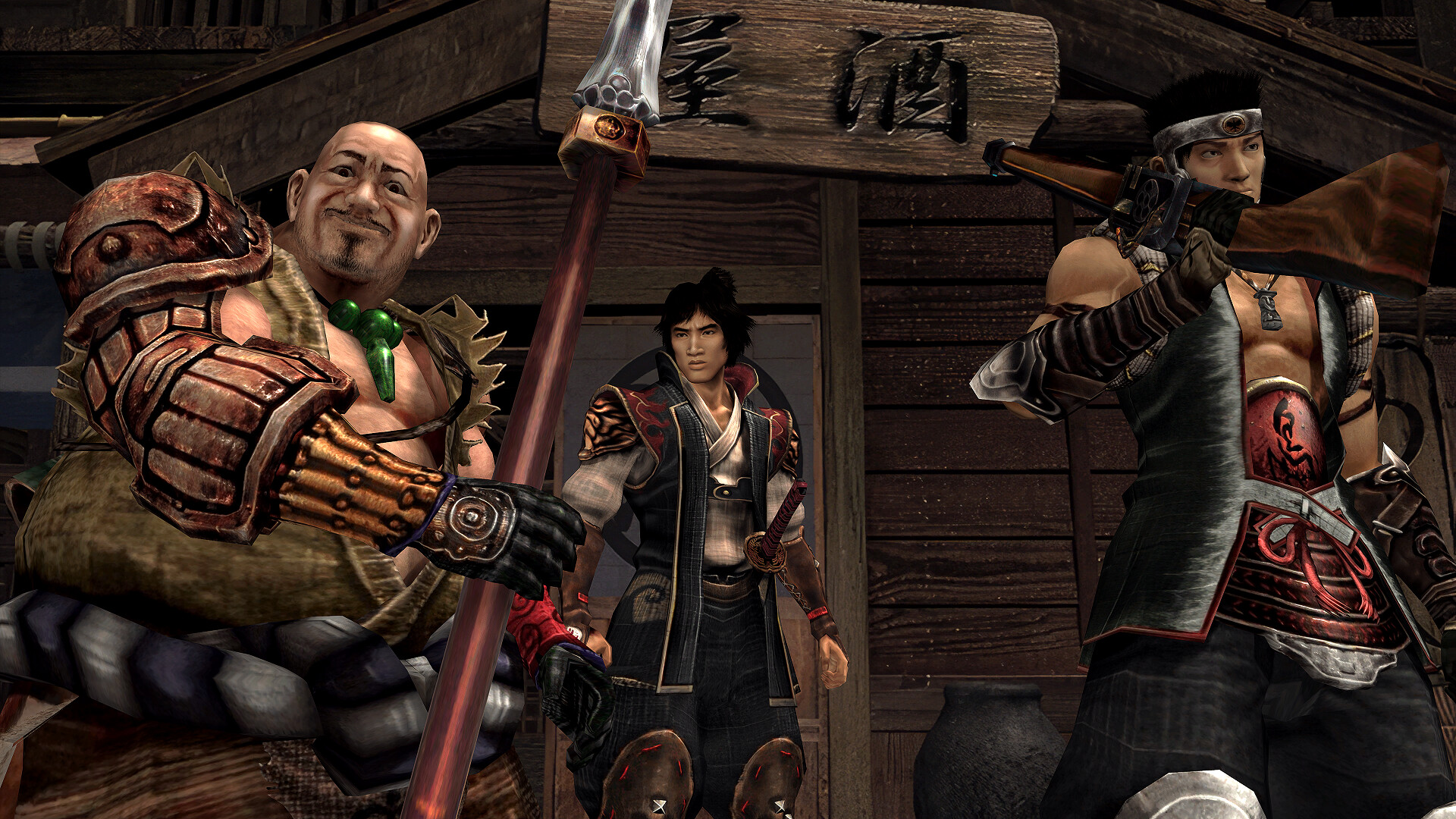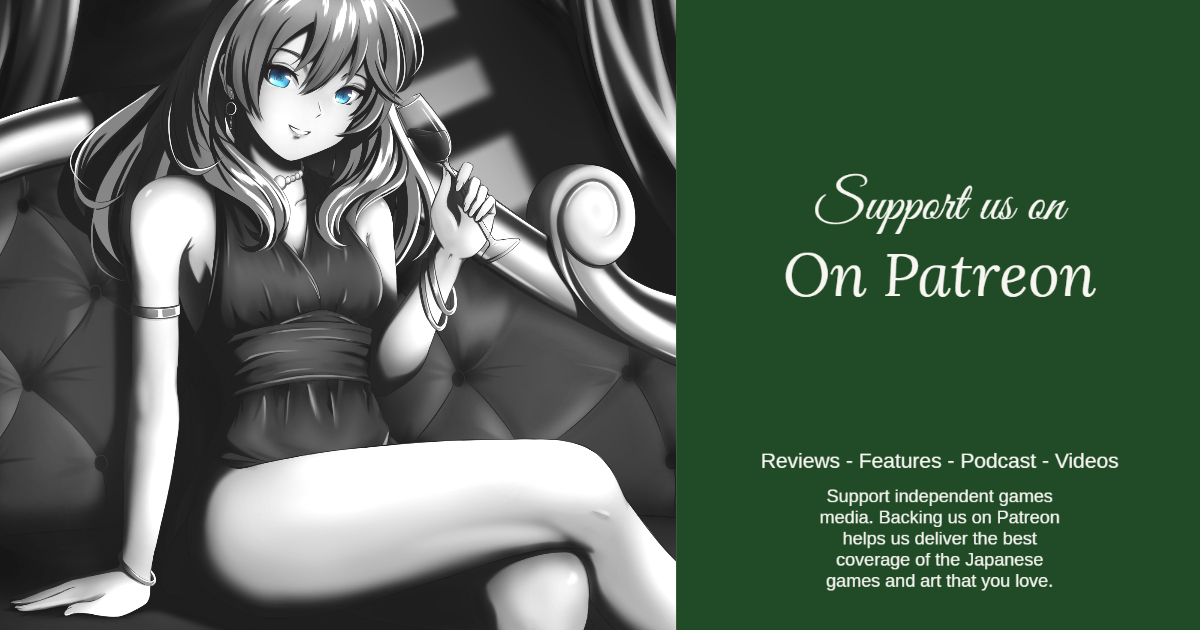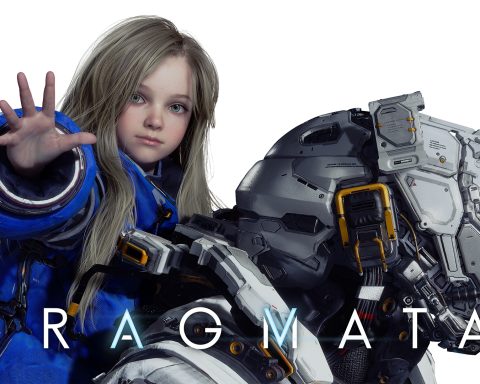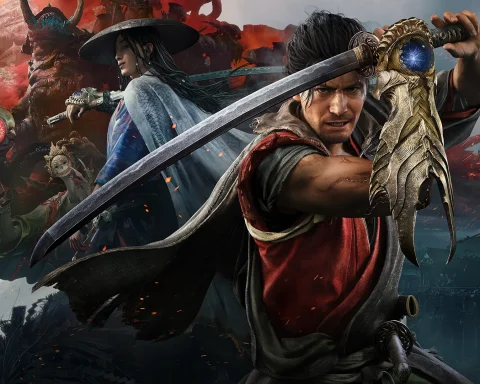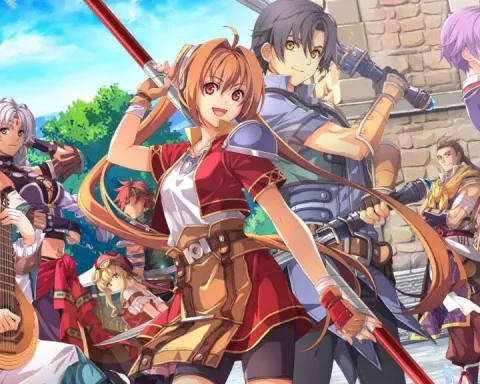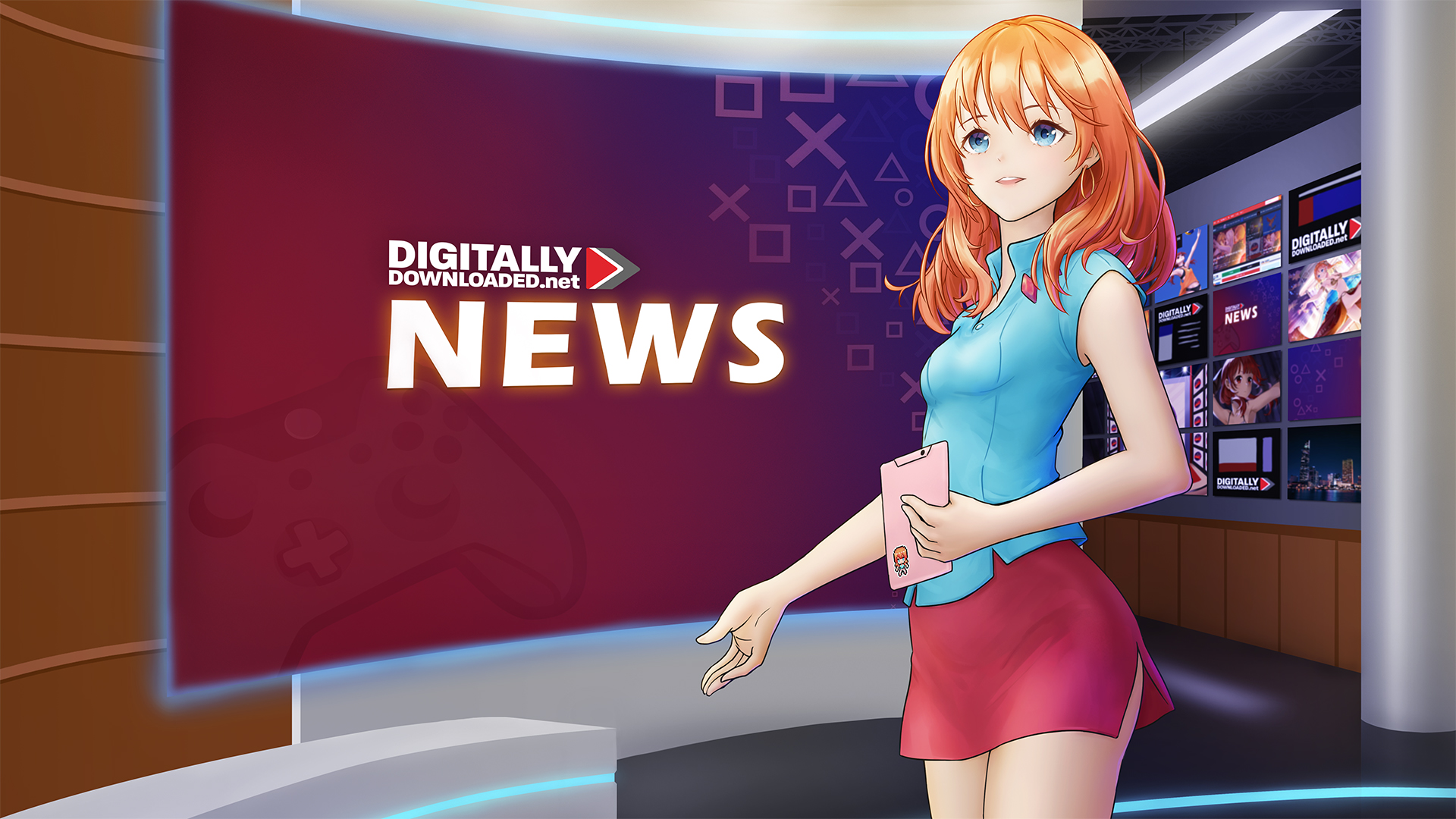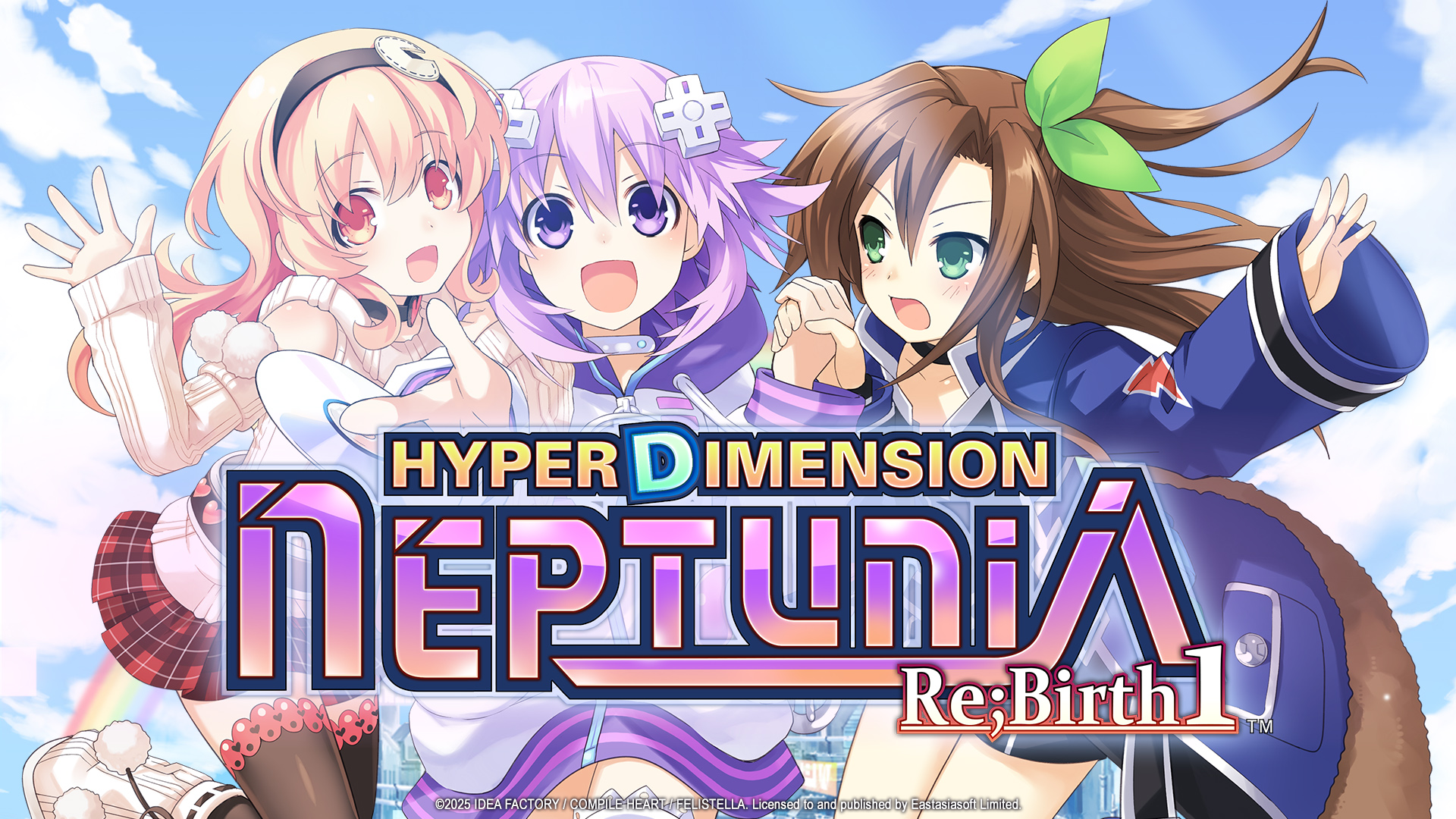Most people would tell you that of all the Onimusha titles (which are, sadly, too few), Onimusha 2 is the finest. Yes, the third title has Jean Reno, and that is inherently excellent, but as far as realising the creative vision of the series is concerned, Onimusha 2 is where it all clicks together the best.
What concerns me is that Capcom might be using this remaster as a way of testing the waters for dusting off the property in full for a new game. I say it “concerns” me because while, as an Onimusha fan, I’ve loved stepping back into this classic, newer players may find that chunks of it have “not aged well.” It’s a terrible, reductionist turn of phrase, but it is in common usage.
That concern comes from three things:
- Firstly, the cut scenes. Where the original Onimusha was a relatively thin game, as far as the narrative was concerned, Onimusha 2 is far more cinematic, with a plethora of cut scenes and plenty of friendly characters to interact with. The problem with this is that Onimusha 2 also comes from the PS2 era where voice actors tended to… overperform. Let’s put it that way.
- Then there’s the endlessly respawning enemies. Onimusha’s environments aren’t that large, but to get anywhere you need to contend with an endless flood of enemies coming at you from every direction. There’s a silted rhythm to Onimusha 2 which isn’t going to phase the nostalgic, but newer players might find it a bit jarring.
- The camera angles can result in some real frustration. For example, the first boss battle takes place in a room with three distinct camera angles, that shift as you move through the room. That sounds all well and good until you realise that it’ll make the boss disappear from view at times and make it hard to move around, avoid his attacks, and then get your own in.
Now, with all of that said, for players who don’t mind battling with the quirks of bygone generations of video games, Onimusha 2 does so much well. Firstly, there’s the theming. Set in a dark fantasy Sengoku period, where Nobunaga Oda’s historic title “The Demon King” is more literal than metaphoric, Onimusha was Nioh before Nioh was a glint in Koei Tecmo’s eyes. Violent, dark, and at times oppressive, Onimusha has always had an intensity to it that makes it hard to put down.
The combat system is also very good, once you’ve learned how to grapple with the camera angle. There are plenty of weapons to choose between, each with its own application and value to the overall mix. For the remaster, there has been some effort to make the experience more accessible, with the ability to quick change between equipment (without having to jump into the menu every time you want to swap to something else), and the tank controls have been dropped, which makes movement far more straightforward.
Onimusha 2 is also far more sustained than its predecessor. While I’m only a couple of hours in for the purposes of this preview, assuming that the game’s length is left unchanged from the original, you’re looking at 12-15 or so hours right through. The original Onimusha was only 4-5 hours. That additional runtime allows for a greater variety of challenges, stronger story beats, and just generally a more cohesive experience that pulls you into its worldbuilding rather than leaves you hanging for more after being given just a taste.
Aside from those quality of life improvements, the main addition to the Onimusha 2 remaster is the visual enhancements, and the game does look exceptional. Character models have the PS2 era’s stiff animation (particularly in the face when speaking), but the detail in their costumes is truly exceptional and looks gorgeous in HD. The environments, likewise, look absolutely stunning and really help to build the cinematic quality that the original developers were aiming for. Without a doubt, this is the definitive version of the creative vision.
It’s good to see Onimusha still on the agenda. Yes, there are concerns about whether newer players will be able to “go back” to something with some archaic quirks, and see the underlying value and excellence of the game, and if Capcom is looking to bring Onimusha back they’ll need those newer players on board. But, even if not, as someone old enough to have nostalgia for this era, I can assure you that unless there’s something broken about the rest of this remaster the final score on my review is going to be very high indeed.
